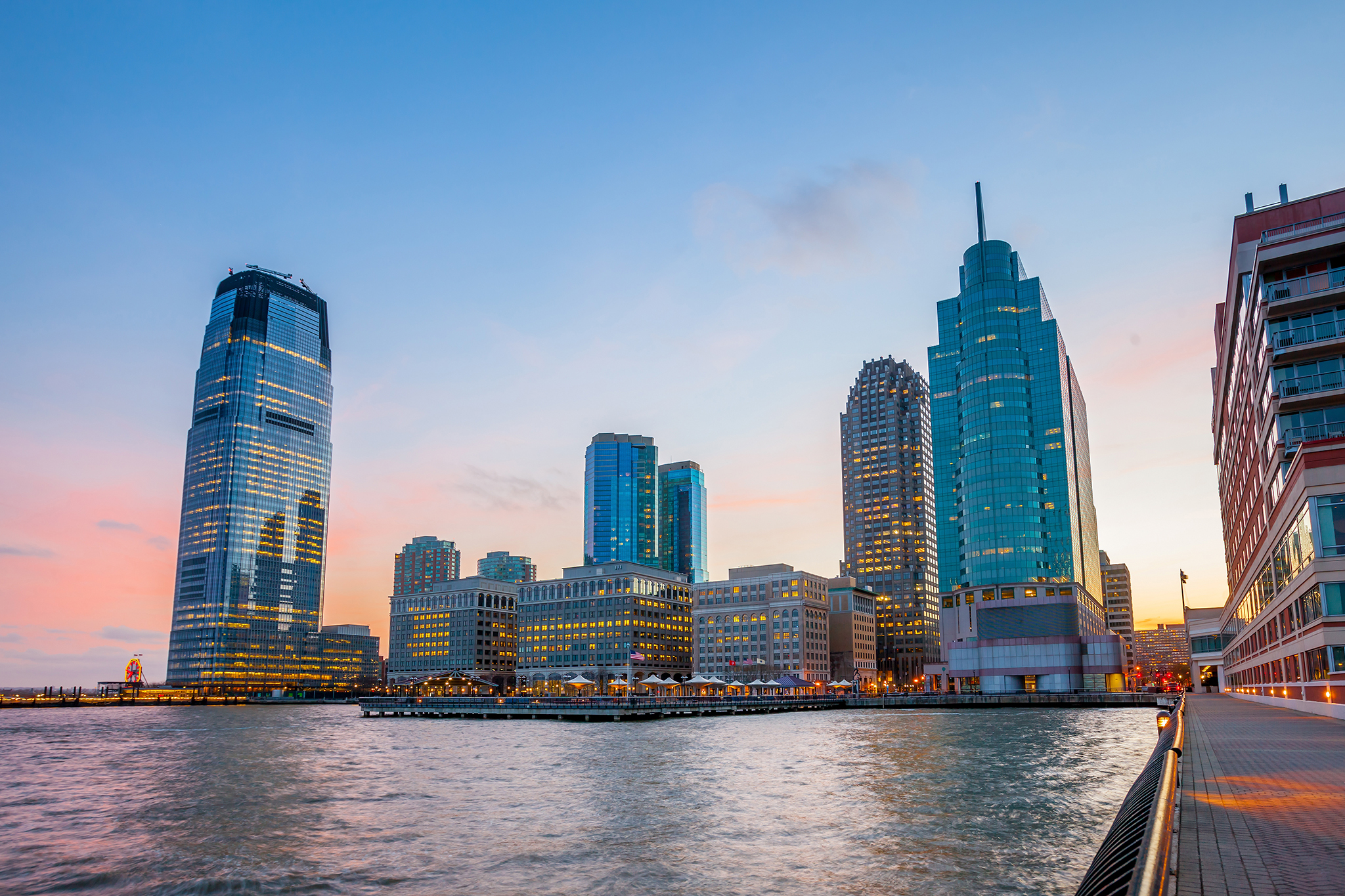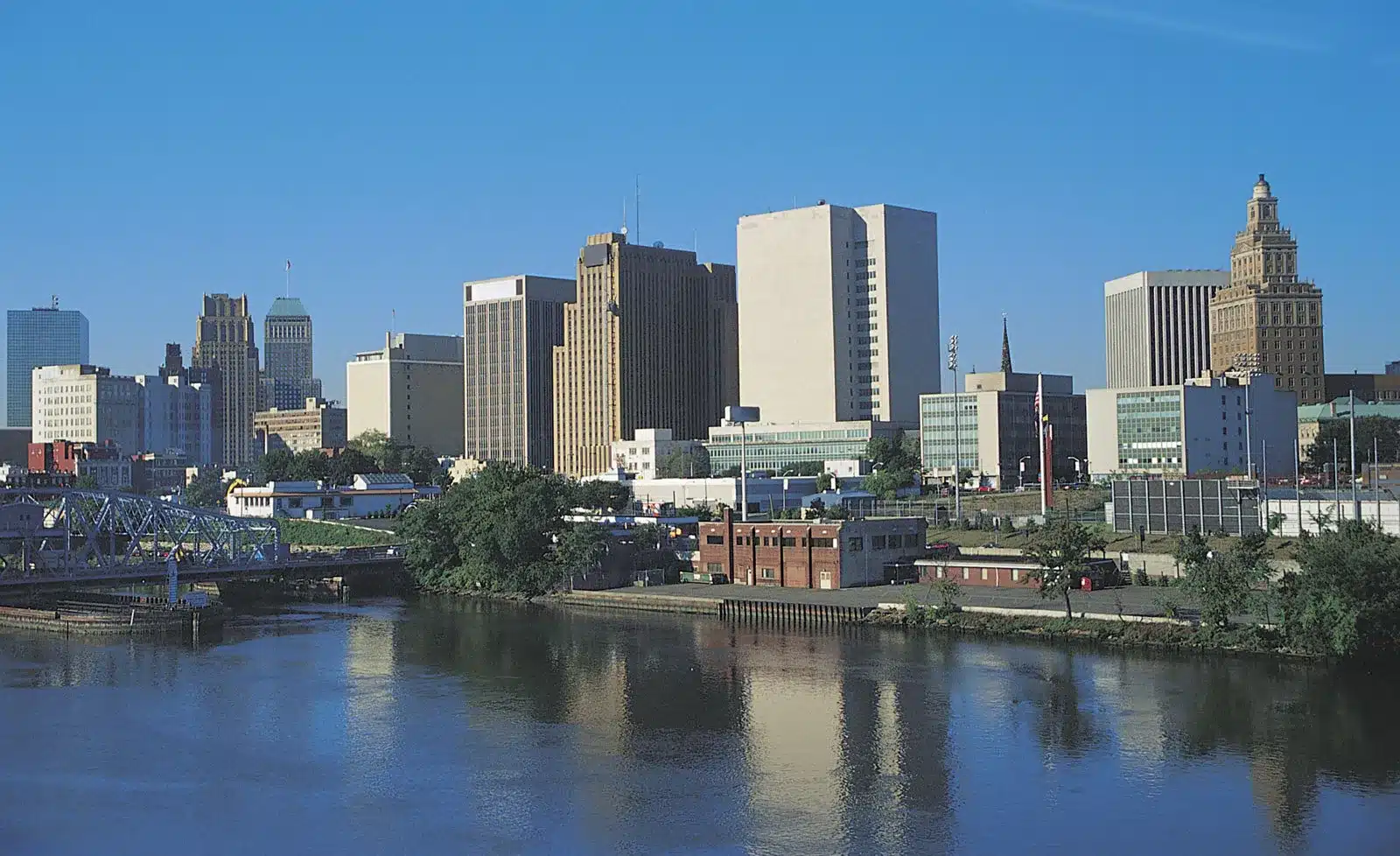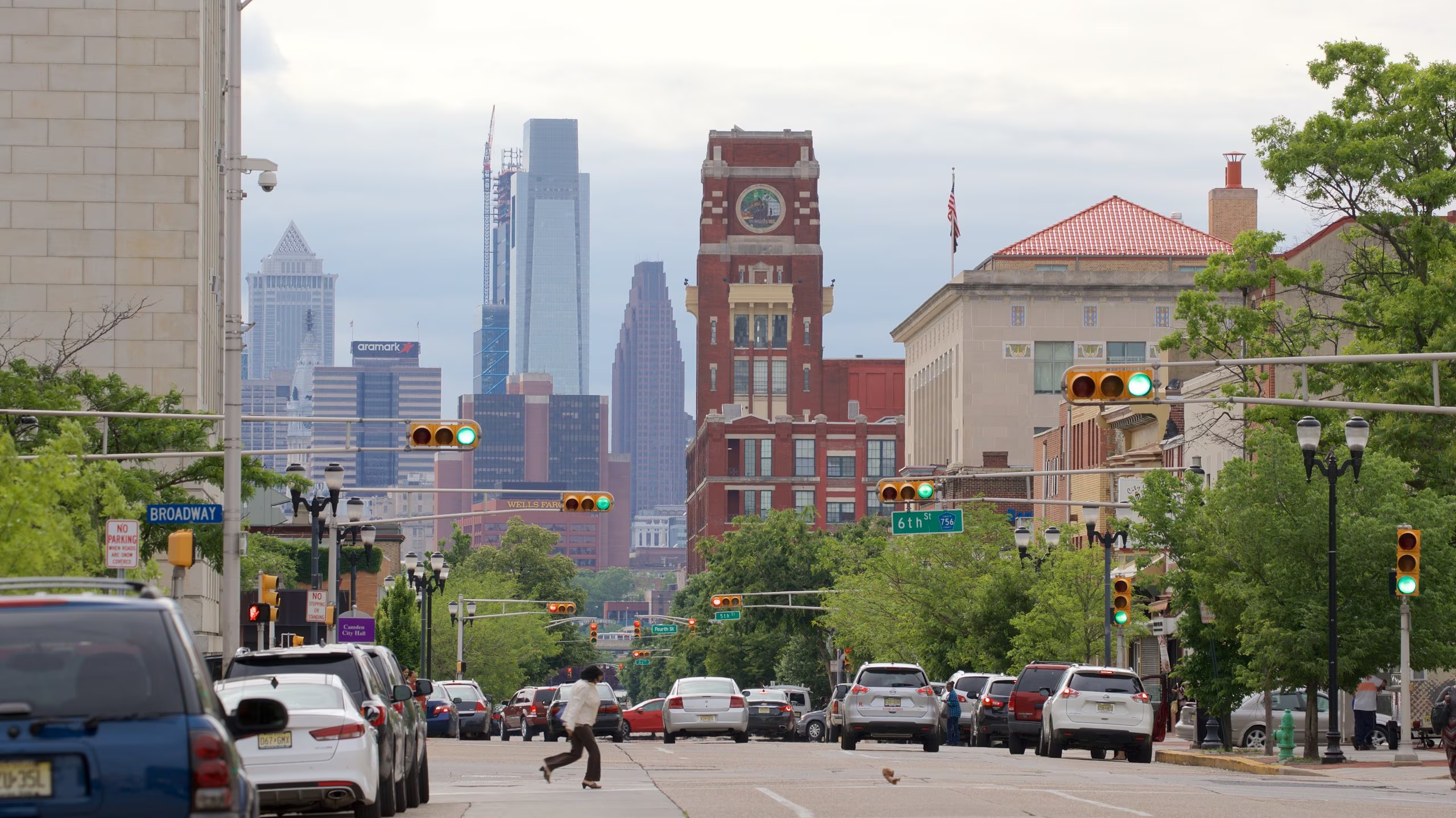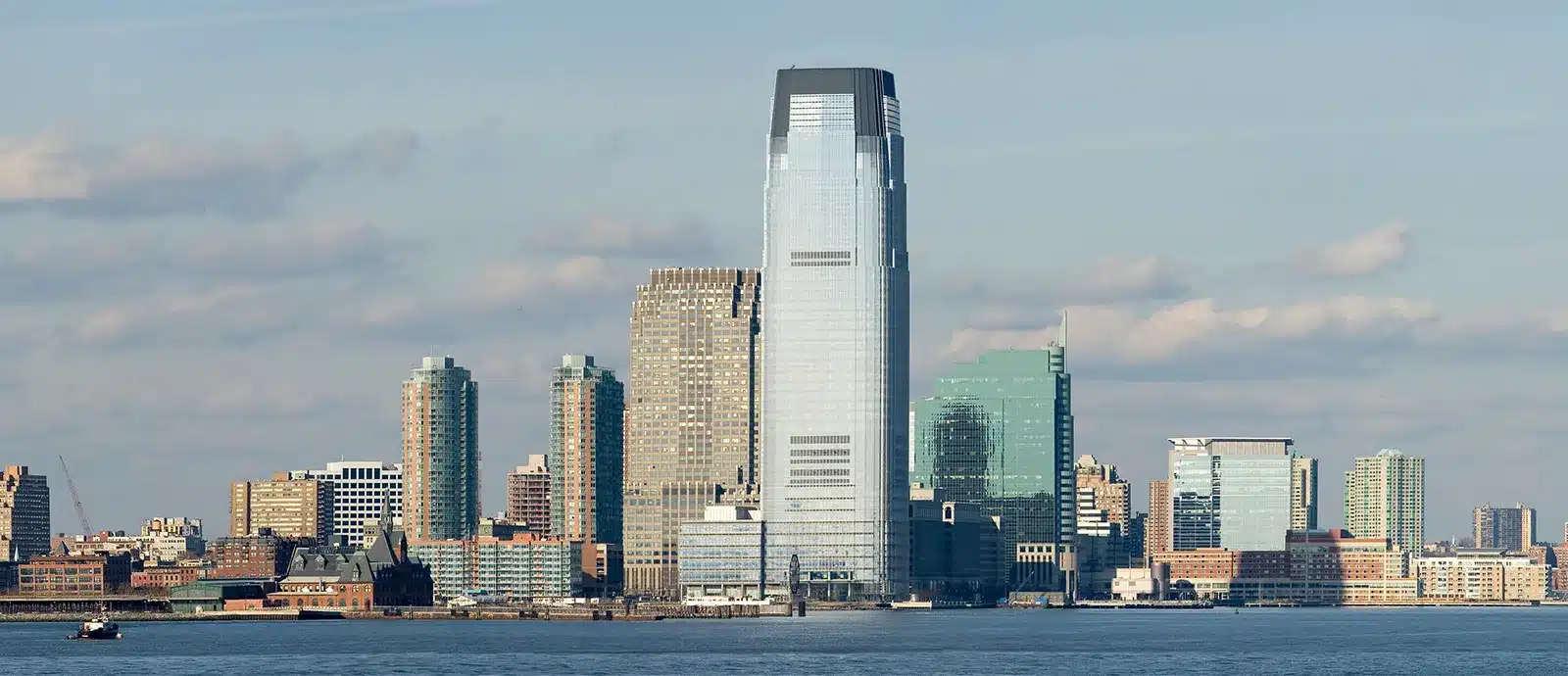Discover the Path to Recovery: Halfway Houses in New Jersey
New Jersey, a state deeply affected by drug and alcohol addiction, offers a multitude of resources for individuals striving for a fresh start on their journey to sobriety. With both drug and alcohol abuse presenting significant challenges, many individuals completing rehabilitation programs require the supportive environment of halfway houses to transition back into society successfully. These residences serve as crucial stepping stones, providing a structured and supportive setting for individuals to rebuild their lives and sustain long-term recovery.
Amidst the bustling cities and serene towns, numerous halfway houses in New Jersey cater to the unique needs of individuals in recovery. Whether in the urban hub of Newark or the historic streets of Morristown, these facilities are dedicated to equipping residents with the skills and confidence necessary to navigate a sober lifestyle. Let’s delve into some key locations and their invaluable contributions to the recovery community.
Newark: A Beacon of Hope and Renewal
Newark, the largest city in New Jersey, is a hub of activity and culture. Known for its rich history and vibrant arts scene, Newark is also home to a robust network of support services for those in recovery. The drinking culture here, as in many major cities, has its challenges, but the community’s commitment to recovery is strong.
Statistically, Newark has seen significant efforts to combat substance abuse and support recovery. According to recent data, over 12,000 residents are engaged in various forms of substance use disorder treatment annually. The city’s emphasis on recovery is evident in the increasing number of support groups and halfway houses, which have grown by 15% over the past five years. These efforts contribute to a noticeable decline in substance abuse-related incidents, which have dropped by approximately 10% since 2018.
Halfway houses in Newark offer a refuge for individuals aiming to overcome addiction and reintegrate into society. These facilities provide not only a safe place to stay but also access to counseling, job training, and peer support groups. The city’s dynamic environment offers numerous opportunities for residents to engage in positive activities, from cultural events to community service, fostering a sense of belonging and purpose. Employment initiatives in Newark have proven successful, with 60% of halfway house residents securing jobs within six months of their stay, highlighting the effectiveness of job training programs.
Moreover, Newark’s vibrant community and recovery-oriented events play a crucial role in reducing the stigma associated with addiction. Public awareness campaigns and community events focused on sobriety have led to increased acceptance and support for individuals in recovery. With ongoing community involvement and resources, Newark continues to be a beacon of hope and renewal for those striving to maintain sobriety and rebuild their lives.
Camden: Building Bridges to a Sober Future
Camden, historically known for its industrial prowess, has faced significant social and economic challenges over the years. However, the city is also a place of resilience and recovery, with a strong network of support for those battling addiction. Camden’s drinking culture, influenced by its economic struggles, has seen its fair share of difficulties, but the community’s spirit of perseverance shines through.
In recent years, Camden has made significant strides in addressing substance abuse and supporting recovery. Statistics show that approximately 8,000 residents are engaged in substance use disorder treatment programs annually. The city has invested heavily in expanding its network of halfway houses and support services, with the number of facilities increasing by 20% over the past five years. This expansion has contributed to a 12% decrease in substance abuse-related incidents since 2019, indicating the positive impact of these initiatives.
Halfway houses in Camden are critical in helping individuals transition from rehabilitation to everyday life. These houses provide structured environments where residents can focus on their recovery while developing life skills. Data indicates that 70% of residents in Camden’s halfway houses participate in educational or vocational training programs. These programs have proven effective, with over 65% of participants securing employment within six months of completing their stay. The supportive community in Camden, combined with access to educational and employment resources, makes it an ideal place for rebuilding one’s life post-rehabilitation.
Furthermore, Camden’s community organizations play a vital role in fostering a supportive environment for recovery. The city hosts numerous recovery-focused events and support group meetings, which have seen a 15% increase in attendance over the past three years. These community efforts have been instrumental in reducing the stigma associated with addiction and promoting a culture of recovery and resilience. With ongoing support and resources, Camden continues to build bridges to a sober future for its residents.
Bridgeton: Embracing Recovery in a Close-Knit Community
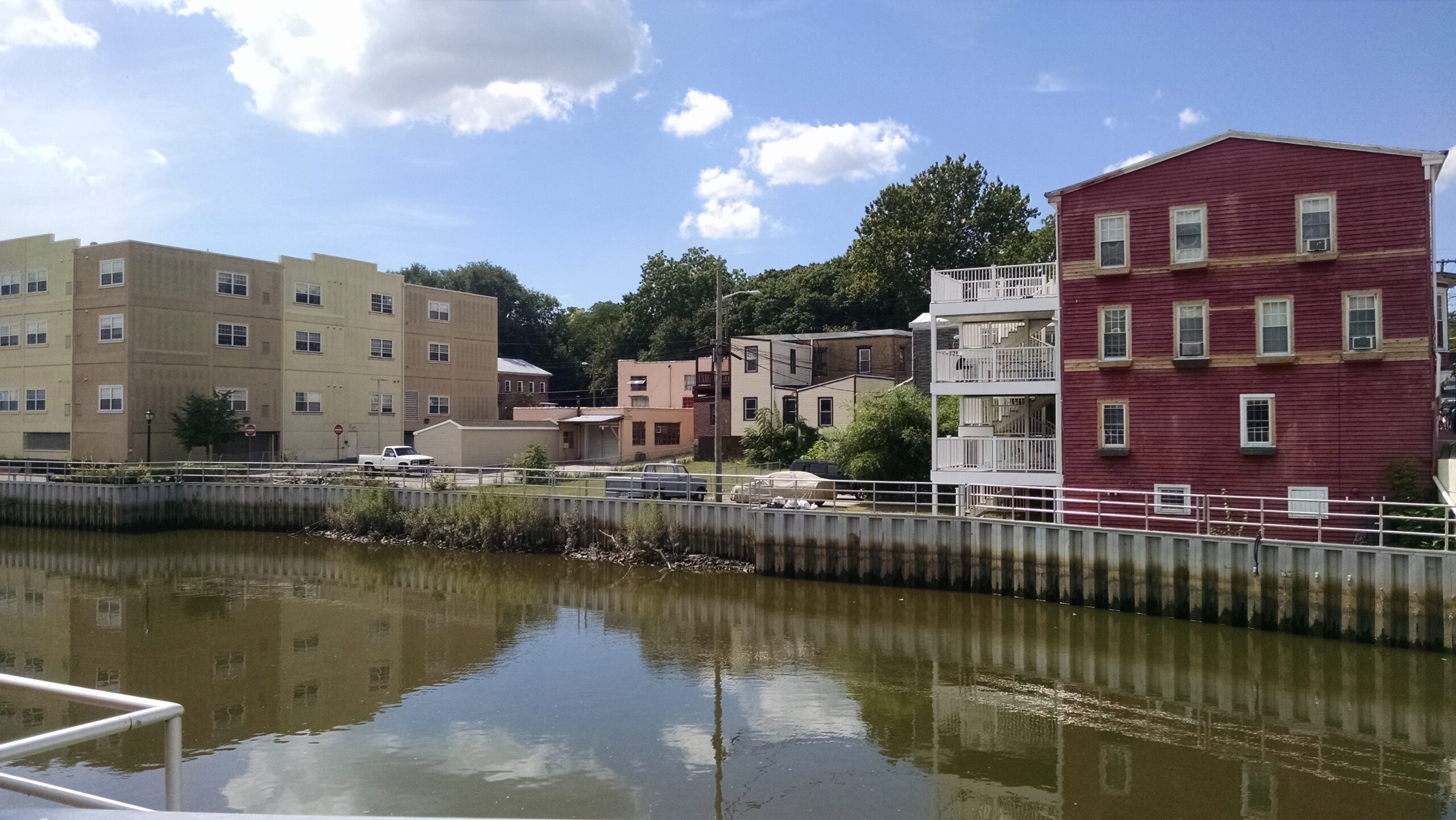
Bridgeton, a charming city with a rich agricultural heritage, offers a more serene environment for recovery. The city’s close-knit community and slower pace of life provide a supportive backdrop for those seeking to overcome addiction. While the drinking culture in rural areas can be pervasive, Bridgeton’s community-focused approach helps individuals find strength in their surroundings.
In recent years, Bridgeton has enhanced its support systems for those struggling with addiction. Statistics indicate that about 1,500 residents engage in substance use disorder treatment annually. This involvement is supported by a network of halfway houses and recovery programs that have seen a 10% increase in facilities over the past five years. These efforts have contributed to a 7% decrease in substance abuse-related incidents in the city, highlighting the effectiveness of the community’s proactive approach.
Halfway houses in Bridgeton emphasize community and connection. Residents benefit from a peaceful environment that fosters personal growth and recovery. Data shows that 80% of halfway house residents in Bridgeton participate in community service or local events, which significantly aids their reintegration into society. Additionally, local recovery programs report a 75% success rate in maintaining sobriety among halfway house residents for at least one year post-rehabilitation. The supportive nature of Bridgeton’s residents and the availability of local resources make it a nurturing place for those on the path to sobriety.
The city’s commitment to fostering a supportive recovery environment is further evidenced by the increasing number of local initiatives aimed at reducing substance abuse. Bridgeton’s public health campaigns and community workshops focused on addiction awareness have seen a 20% increase in participation over the last three years. These initiatives not only educate the public but also strengthen the community’s resolve to support individuals in their recovery journeys. With its serene setting and dedicated support network, Bridgeton continues to be a beacon of hope for those seeking to rebuild their lives.
Jersey City: Urban Support for Lasting Sobriety
Jersey City, with its stunning skyline and proximity to New York City, is a bustling metropolis with a diverse population. The city’s vibrant nightlife and social scene can be both a challenge and an opportunity for those in recovery. Despite these challenges, Jersey City boasts a strong network of support for individuals striving to maintain sobriety.
Recent statistics highlight Jersey City’s commitment to supporting those in recovery. Approximately 10,000 residents participate in substance use disorder treatment programs each year. The city’s network of halfway houses and recovery services has expanded by 18% over the past five years, contributing to a 14% decline in substance abuse-related incidents since 2018. This growth reflects the city’s dedication to providing comprehensive support for individuals overcoming addiction.
Halfway houses in Jersey City provide a vital link between treatment and independent living. These facilities offer comprehensive support services, including counseling, job placement assistance, and life skills training. Data shows that 65% of halfway house residents in Jersey City secure employment within six months of their stay, thanks to the robust job placement programs. Additionally, 70% of residents engage in continuing education or vocational training, equipping them with the skills necessary for a successful transition to independent living.
The city’s diverse cultural scene and numerous community events provide residents with ample opportunities to engage positively and build a sober, fulfilling life. Jersey City’s recovery community is active and well-supported, with attendance at support group meetings and recovery events increasing by 20% over the past three years. These community activities play a crucial role in reducing isolation and promoting a sense of belonging among those in recovery.
Furthermore, Jersey City’s public health initiatives and educational campaigns have been instrumental in reducing the stigma associated with addiction. Participation in these programs has grown by 25% in recent years, reflecting a broader cultural shift towards acceptance and support for individuals in recovery. With its comprehensive support services and vibrant community, Jersey City offers a strong foundation for lasting sobriety and personal growth.
Morristown: Historic Charm and Modern Recovery
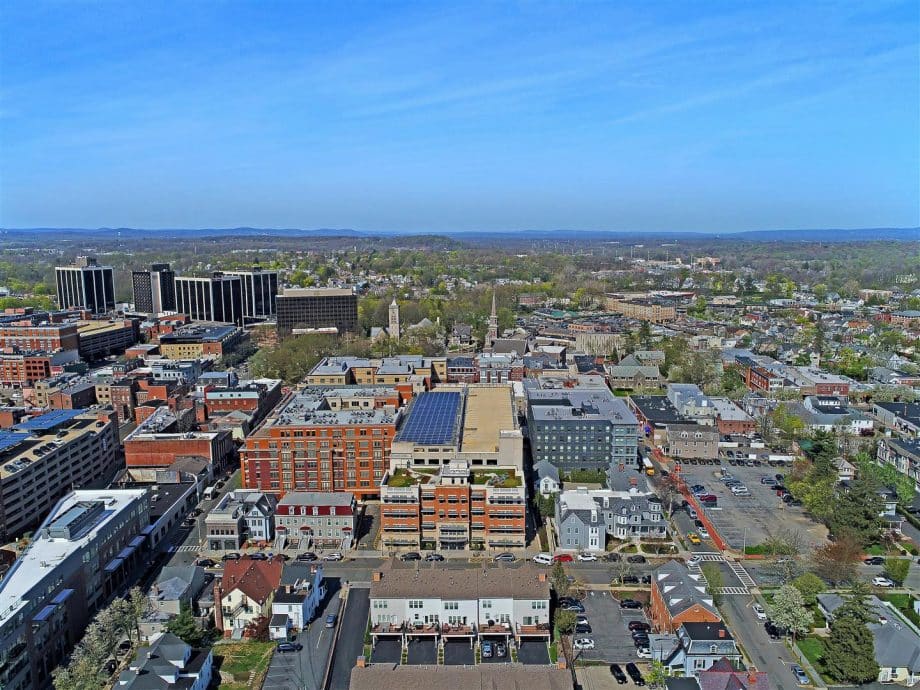
Morristown, steeped in American history, combines historic charm with modern amenities. Known for its role in the Revolutionary War, the town now serves as a peaceful haven for those seeking recovery. The drinking culture here is more subdued, making it an ideal location for individuals focused on sobriety.
Morristown has developed a robust support system for individuals in recovery. Recent statistics show that around 2,000 residents participate in substance use disorder treatment programs each year. The number of halfway houses and recovery facilities in Morristown has increased by 12% over the past five years, contributing to a 10% decrease in substance abuse-related incidents since 2019. This growth highlights the town’s commitment to providing effective support for those overcoming addiction.
Halfway houses in Morristown offer a tranquil setting for recovery. Residents benefit from a supportive community and access to various recovery resources. Data indicates that 75% of residents in Morristown’s halfway houses engage in local support groups and community events, which play a significant role in their recovery journey. Additionally, 70% of halfway house residents report maintaining sobriety for at least one year post-rehabilitation, underscoring the effectiveness of the supportive environment.
The town’s historic sites and natural beauty provide a serene environment conducive to healing and personal growth. Morristown’s recovery programs include access to outdoor activities and nature-based therapies, which have been shown to improve mental health and well-being. Surveys reveal that 80% of halfway house residents in Morristown participate in these activities, enhancing their overall recovery experience.
Embracing a Brighter Future: Halfway Houses in New Jersey
Halfway houses in New Jersey play an indispensable role in supporting individuals as they transition from the intensive care of rehabilitation centers to the autonomy of independent living. In a state grappling with significant drug and alcohol addiction challenges, the journey to recovery is often fraught with obstacles. Many patients find that the structured environment and ongoing support provided by halfway houses in New Jersey are essential for navigating this transition successfully. These facilities serve as vital bridges, offering a continuum of care that extends beyond the confines of rehabilitation centers, helping residents rebuild their lives and reintegrate into society.
The path to sobriety is undeniably challenging, but halfway houses in New Jersey are steadfast in their commitment to smoothing this journey and enhancing its success rate. Recognizing the unique struggles associated with addiction recovery, these facilities prioritize community, support, and personal growth. They understand that overcoming addiction requires more than just abstaining from substances; it entails developing coping mechanisms, life skills, and a supportive network to sustain long-term sobriety. For many individuals, halfway houses in New Jersey serve as beacons of hope in a landscape often overshadowed by the pervasive influence of drugs and alcohol, offering a lifeline to those in need of a fresh start and a brighter, sober future.
Primary Service: Mental Health Services
Address : 105 S. Suffolk Avenue, Ventnor, 08406
Primary Service: Substance Abuse Treatment Services
Address : 308-310 Hampshire Drive, Ventnor, 08406
Primary Service: Mental Health Services
Address : 5013 Winchester Avenue, Ventnor, 08406
Primary Service: Substance Abuse Treatment Services
Address : 532 Shore Road, Somers Point, 08244
Integrity
(1)Primary Service: Substance Abuse Treatment Services
Address : 595 County Avenue Building 6, Secaucus, 07094
Primary Service: Substance Abuse Treatment Services
Address : 729 Billings Avenue, Paulsboro, 08066
Primary Service: Mental Health Services
Address : 825 Wesley Avenue, Ocean City, 08226
Primary Service: Mental Health Services
Address : 929 Central Avenue, Ocean City, 08226
Primary Service: Substance Abuse Treatment Services
Address : 1600 West Avenue, Ocean City, 08226
Primary Service: Substance Abuse Treatment Services
Address : 1804 Brockton Ave., Neptune, 07753
